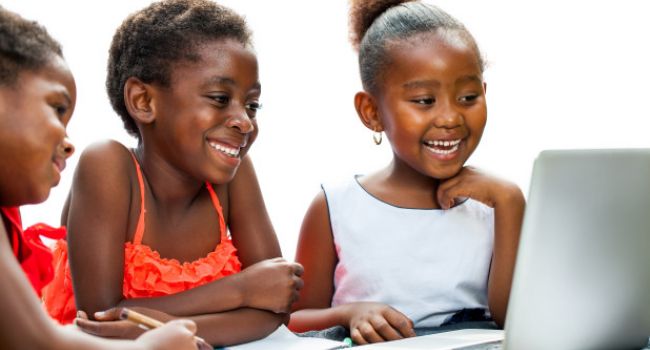Tech
EdTech products for online learning trample on students’ human rights —Report

A report from the Human Rights Watch in Tokyo has stated that governments harm students’ human rights through their use of some technological products for online learning.
In a research conducted around various countries that resulted in online learning during closures of schools as a result of COVID-19 pandemic, it was discovered that some unknown actors interfered with students’ privacy on their learning devices.
The report indicated that the development, which was largely kept away from the knowledge of most parents, was a gross infringement on children’s human rights and must be urgently checked.
The HRW therefore recommended that governments should leverage modern child protection laws to deal with actors who spy on students’ data to the detriment of their privacy.
The report read in part: “Governments of 49 of the world’s most populous countries harmed children’s rights by endorsing online learning products during Covid-19 school closures without adequately protecting children’s privacy.
“Of the 164 EdTech products reviewed, 146 (89 percent) appeared to engage in data practices that risked or infringed on children’s rights. These products monitored or had the capacity to monitor children, in most cases secretly and without the consent of children or their parents, in many cases harvesting personal data such as who they are, where they are, what they do in the classroom, who their family and friends are, and what kind of device their families could afford for them to use.
“Most online learning platforms examined installed tracking technologies that trailed children outside of their virtual classrooms and across the internet, over time. Some invisibly tagged and fingerprinted children in ways that were impossible to avoid or erase – even if children, their parents, and teachers had been aware and had the desire to do so – without destroying the device.
Read also: Nigeria’s edtech startup, 9jacodekids, raises $350K seed funding. Two other stories and a trivia
Many governments put at risk or violated children’s rights directly.
“Of the 42 governments that provided online education to children by building and offering their own EdTech products for use during the pandemic, 39 governments made products that handled children’s personal data in ways that risked or infringed on their rights. Some governments made it compulsory for students and teachers to use their EdTech product, subjecting them to the risks of misuse or exploitation of their data, and making it impossible for children to protect themselves by opting for alternatives to access their education.
“As more children spend increasing amounts of their childhood online, their reliance on the connected world and digital services that enable their education will likely continue long after the end of the pandemic. Governments should pass and enforce modern child data protection laws that provide safeguards around the collection, processing, and use of children’s data. Companies should immediately stop collecting, processing, and sharing children’s data in ways that risk or infringe on their rights.”
Join the conversation
Support Ripples Nigeria, hold up solutions journalism
Balanced, fearless journalism driven by data comes at huge financial costs.
As a media platform, we hold leadership accountable and will not trade the right to press freedom and free speech for a piece of cake.
If you like what we do, and are ready to uphold solutions journalism, kindly donate to the Ripples Nigeria cause.
Your support would help to ensure that citizens and institutions continue to have free access to credible and reliable information for societal development.
























